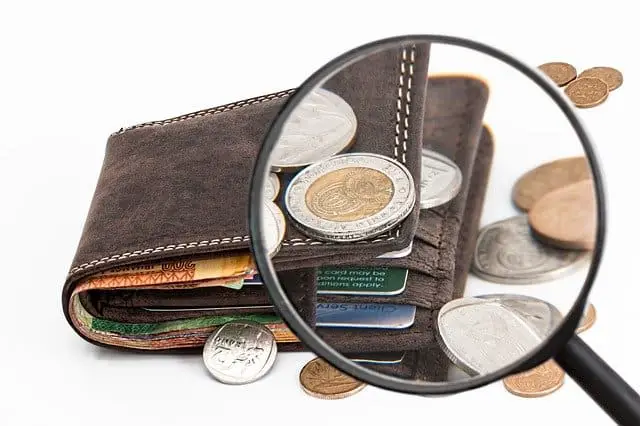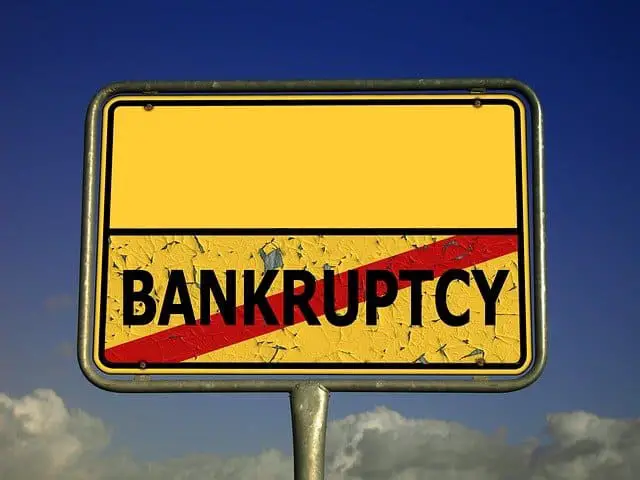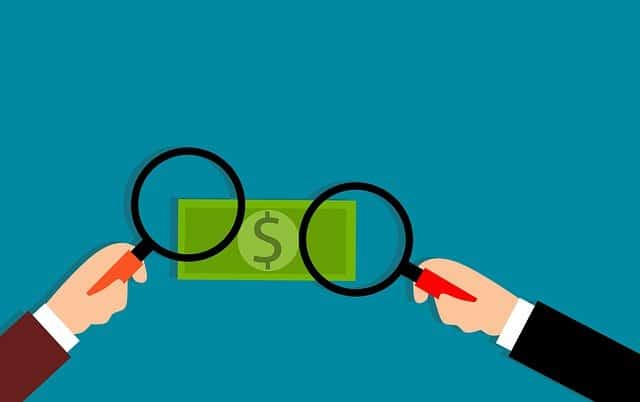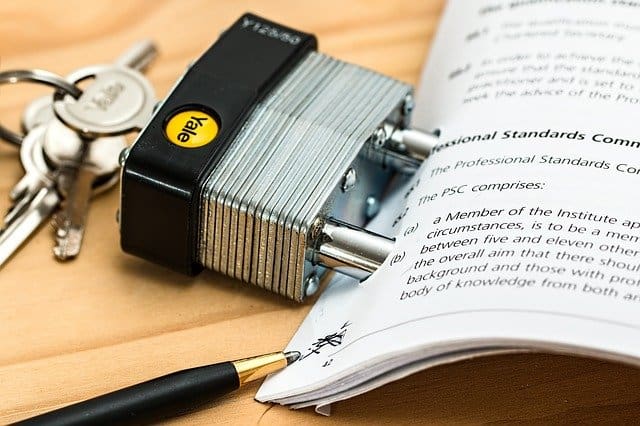In this article, we’ll discuss the important topic of: “What If My Income Increases During Chapter 13?”
Often users raise this question that if there is a change in my income source, can I close my bankruptcy early? In Chapter 13 bankruptcy, the debtor has to get a repayment plan approved from the court, under which he has to keep making payments for the next 3- 5 years. In such cases, debtors often try to close off the bankruptcy by raising their income. However, there is a procedure that needs to be followed once you get a raise in pay.
As it is the debtor’s responsibility to complete the Chapter 13 bankruptcy, he is likely to inform the lawyers and the court about any change in the income. We are about to brief you about the procedures that one might follow once they get a raise in pay.
What If My Income Increases During Chapter 13?
Before we talk about what happens to the chapter 13 bankruptcy repayment plan once there is a hike in salary, let us discuss what happens if we fail to inform our attorney, trustees, and court. It can be a very tempting circumstance to receive an extra income and not give away a significant portion of it as repayment. However, we must understand that you can be charged with severe consequences if the trustees find out about this raise. The court has every right to dismiss your bankruptcy midway, and you can land up exactly from where you began.
Another significant consequence that the debtor may have to suffer is to pay a considerable fine, at times around $250,000, along with five years of imprisonment.
This happens if the trustees find out that the debtor has deliberately hidden the extra income source. Hence, we would suggest you be honest and report the changes to your attorney and trustees immediately.
Effects of Income Raise On a Repayment Plan
The significant effect that the trustees and court can decide upon if you have a raise in income is to increase your repayment plan. Chapter 13 allows you to make a monthly installment of debts based on your income. The amount you pay as debt repayment is your income minus reasonable and qualified monthly expenses such as food, medicine, rent, etc. Thus a higher salary means that you will have an extra amount to add to the repayment plan.
However, the repayment plan is revised by the trustees only when there is a massive jump of income and no increment on expenses. But if there is only a minor change and there is no considerable change in the disposable income, the trustees cannot make any changes.
Tips and Tricks for Chapter 13
Chapter 13 bankruptcy can be challenging as it continues for 3-5 years. And there are a few tips we would like to suggest you overcome this phase quickly.
Determine the period According to the Bankruptcy Abuse Prevention and Consumer Protection Act enacted in 2005; the debtor has to agree to a 60- month plan if their income is higher than the state’s median income level. And if the income is lower payment the state’s median level, then the debtor must choose a 36-month plan. However, they can also choose for 60 months. Now you will have to decide on the plan that is best suited for you.
Classify Debts According to Priority
In chapter 13 bankruptcy, the debtor must understand each debt’s priority and make repayment plans accordingly. For instance, secured debts like the trustees’ fees are to be paid first. Secured debts do not allow partial payments unless you have filed a motion to lower the value of the amount that you owe. Many unsecured debts like child support, alimony, taxes, etc. are also on priority and need to be paid fully. The remaining types of debts are considered unsecured and can be paid over the agreed payment period.
Identify Exemptions
An exception is an amount that is free from the creditors and bankruptcy court. When the exemption levels are lower than the equity, then you must include the equity value to the amount that needs to be paid to unsecured debts. You must decide whether you wish to claim the exemptions under the bankruptcy code or choose to claim exemptions under the state law. You must consult with your lawyer to determine the amount to be added to the disposable income.
Final Thoughts
So, What If My Income Increases During Chapter 13?
Since there is a provision to increase your income and stick to your earlier expenses, there can be a chance of early discharge. It can be quite disheartening for the debtor to have raised their income but will have to give away most of it as per the Federal law or Bankruptcy court. The debtor must accurately determine and identify the exemptions and set up a favorable period to complete the repayment plan without any inconvenience.
Related Articles:









